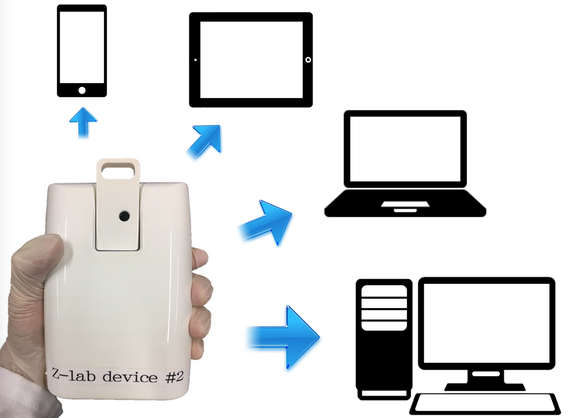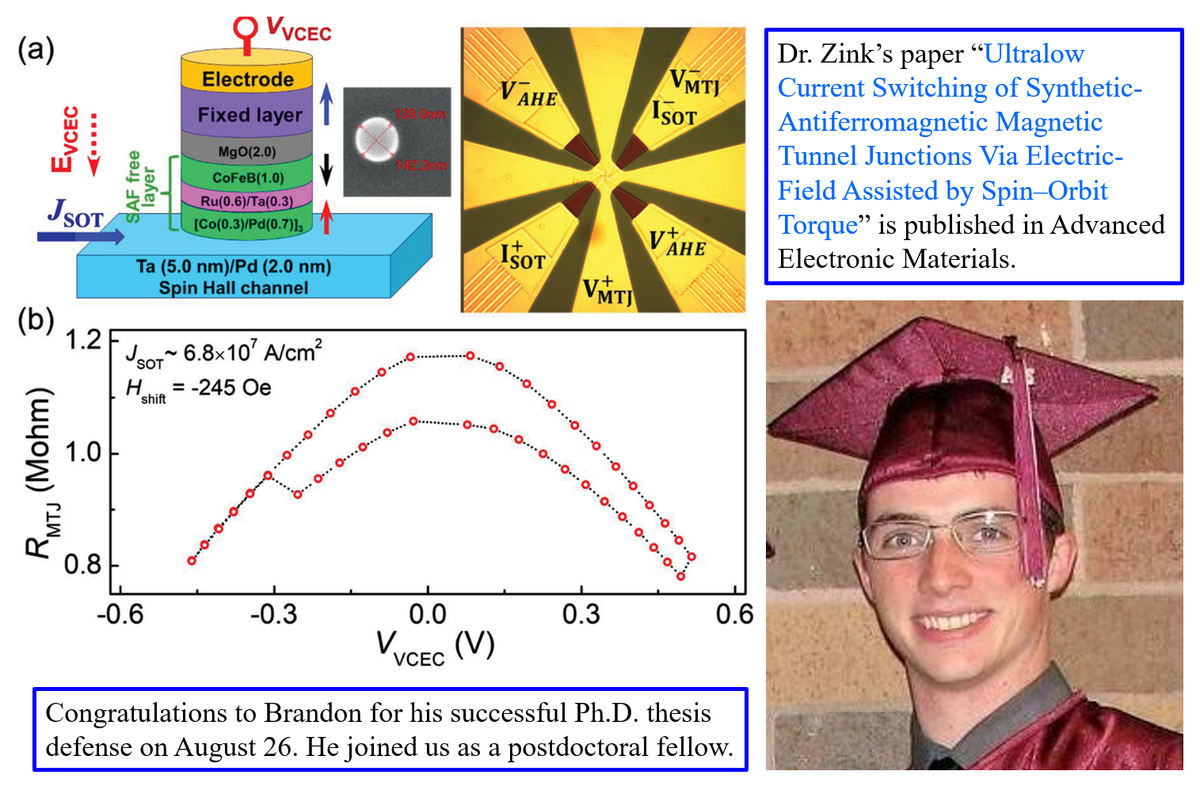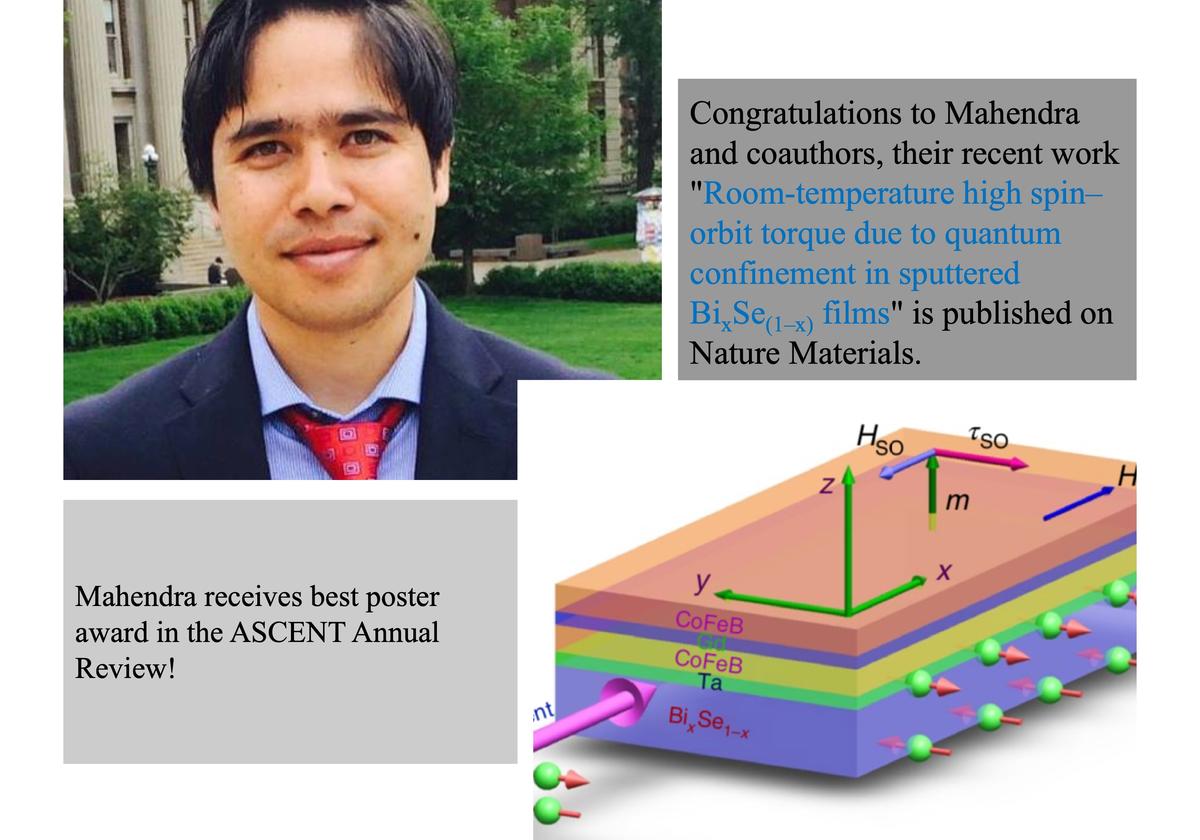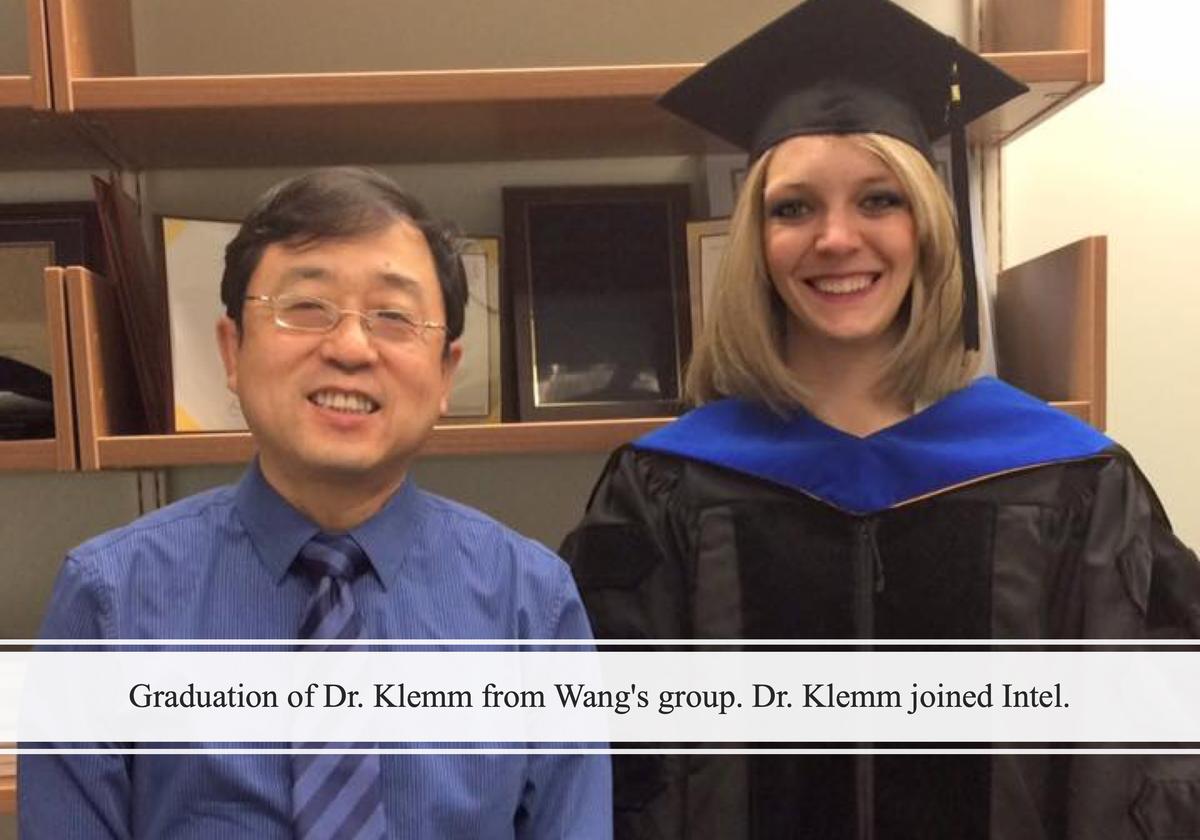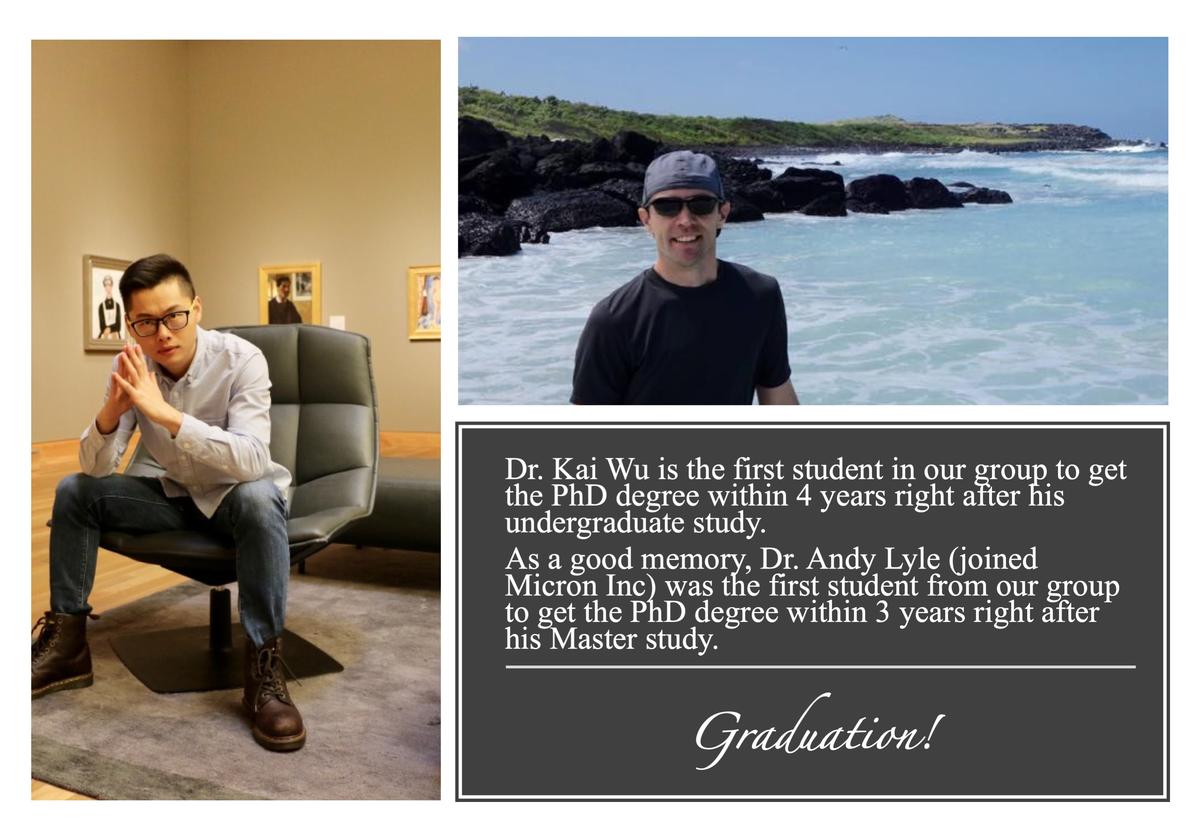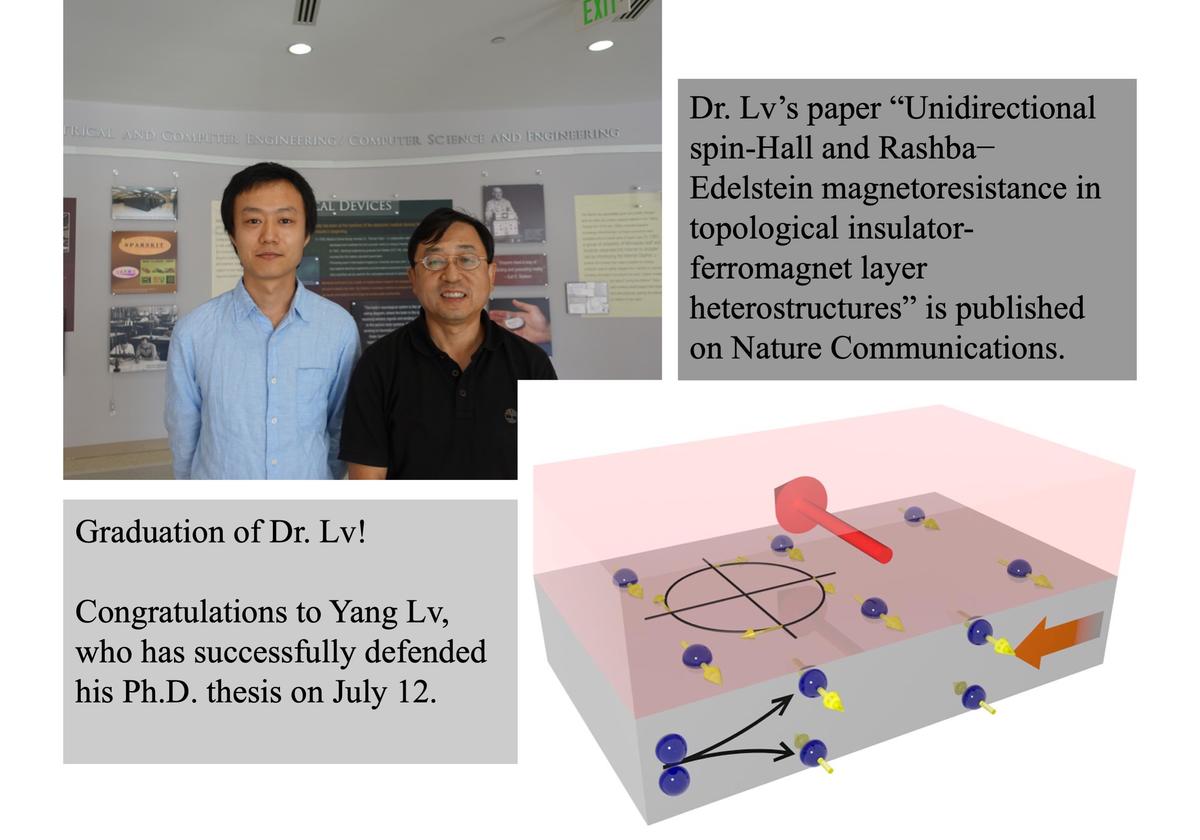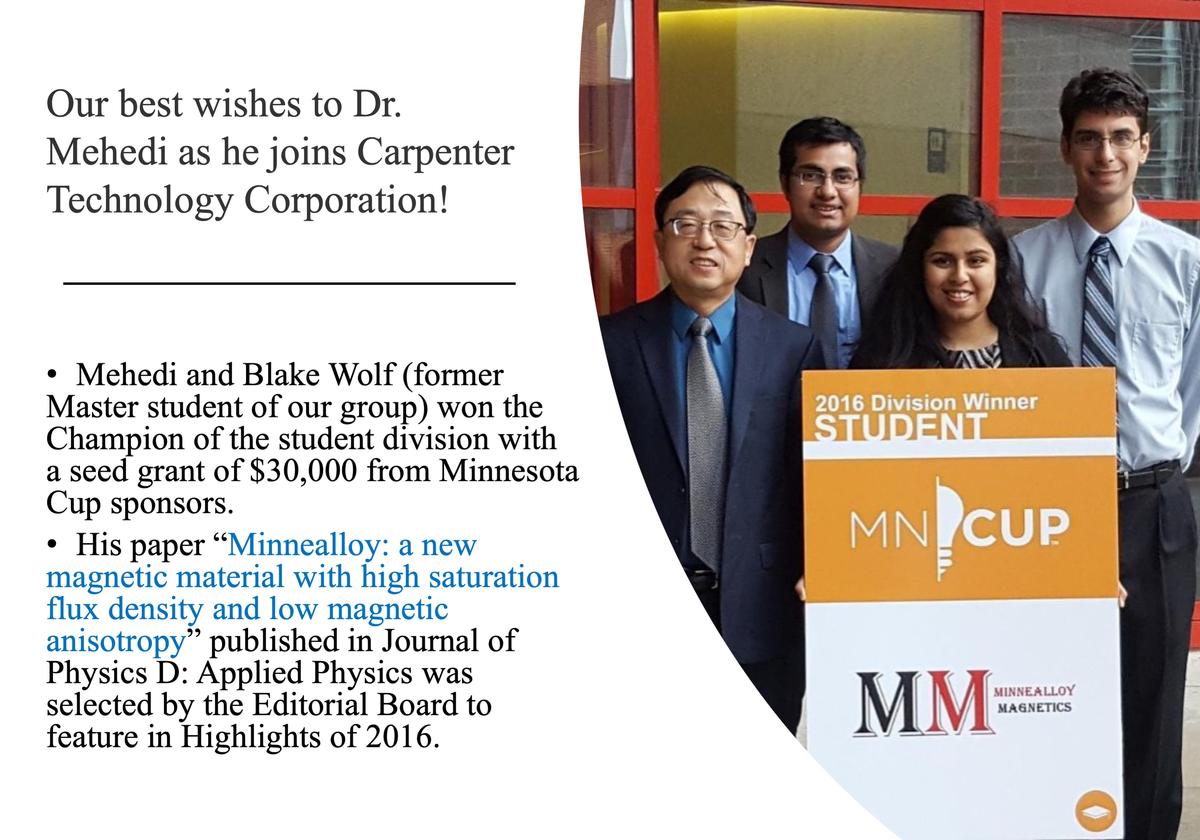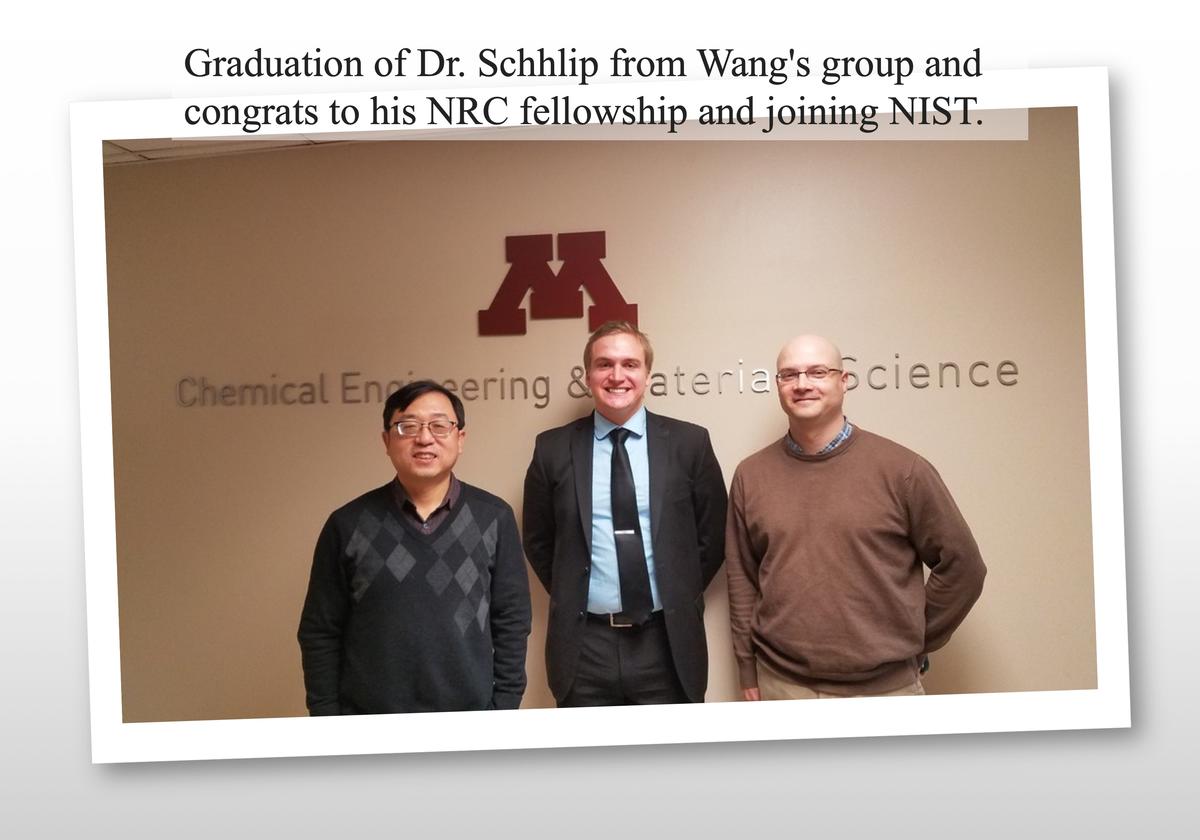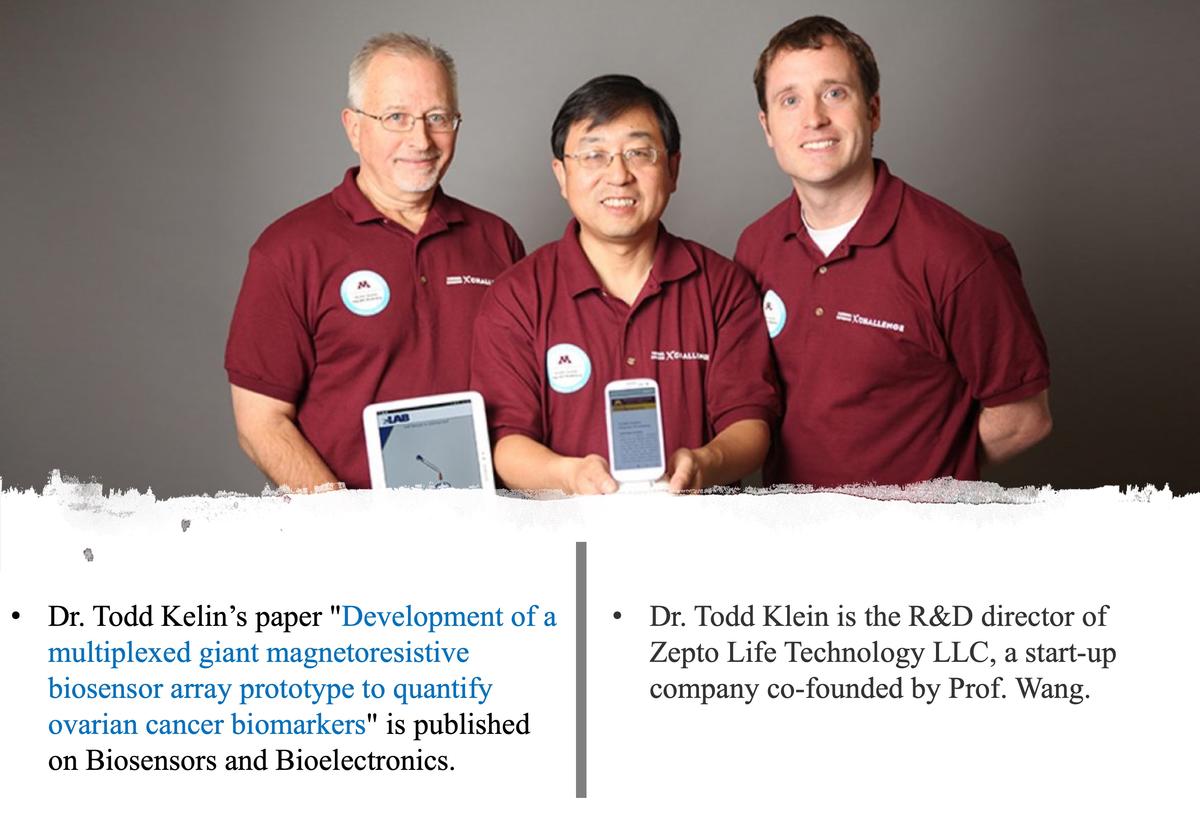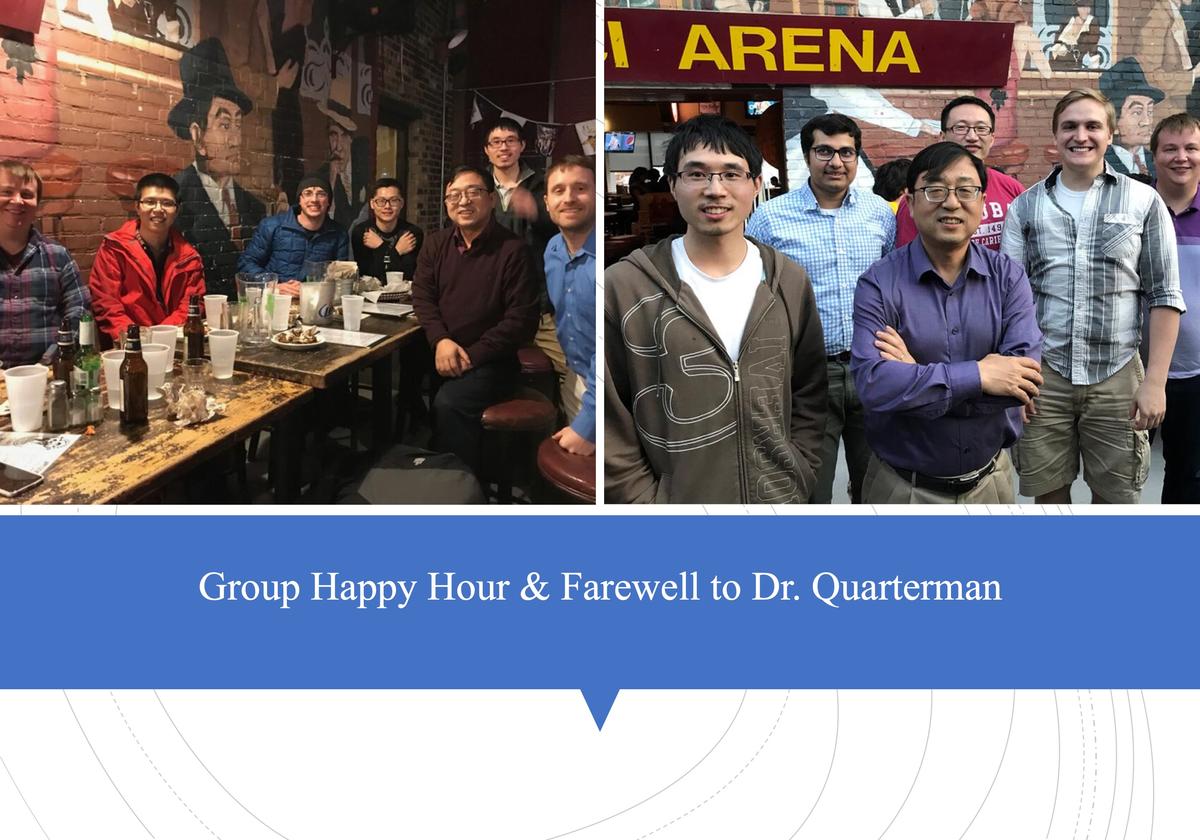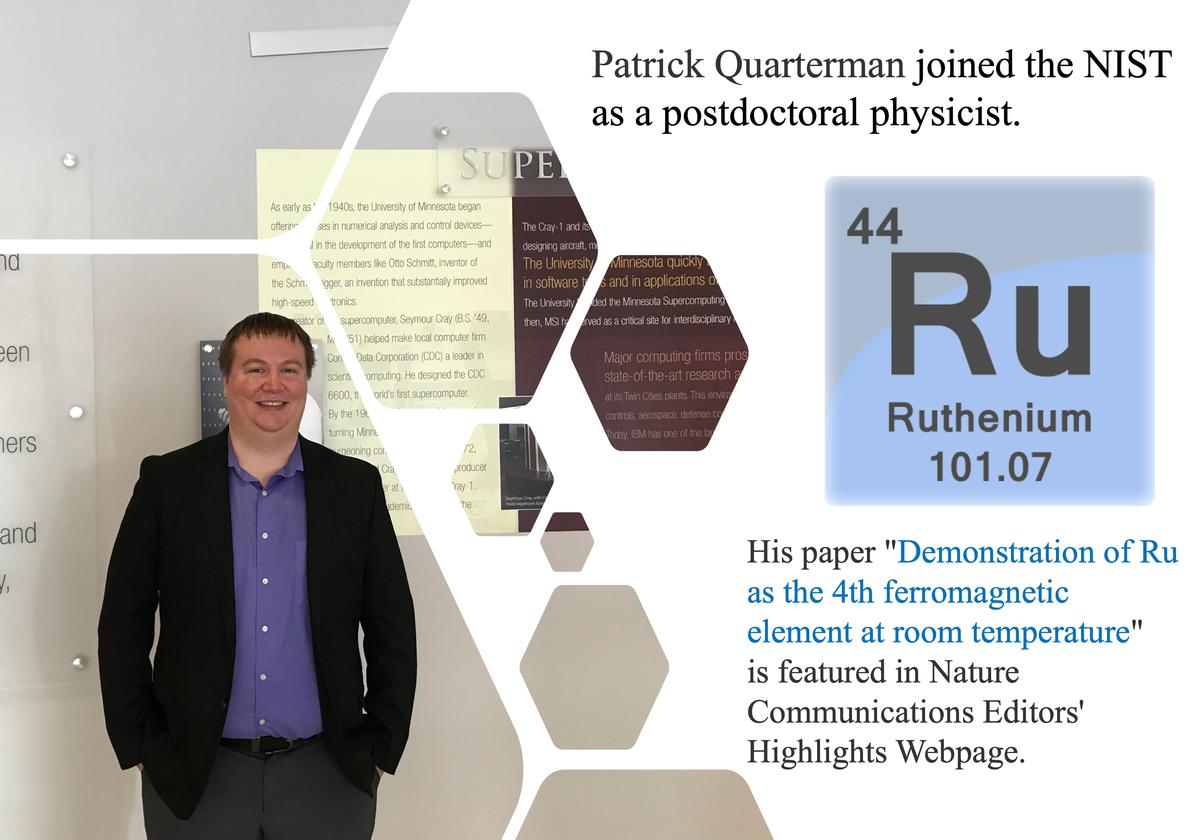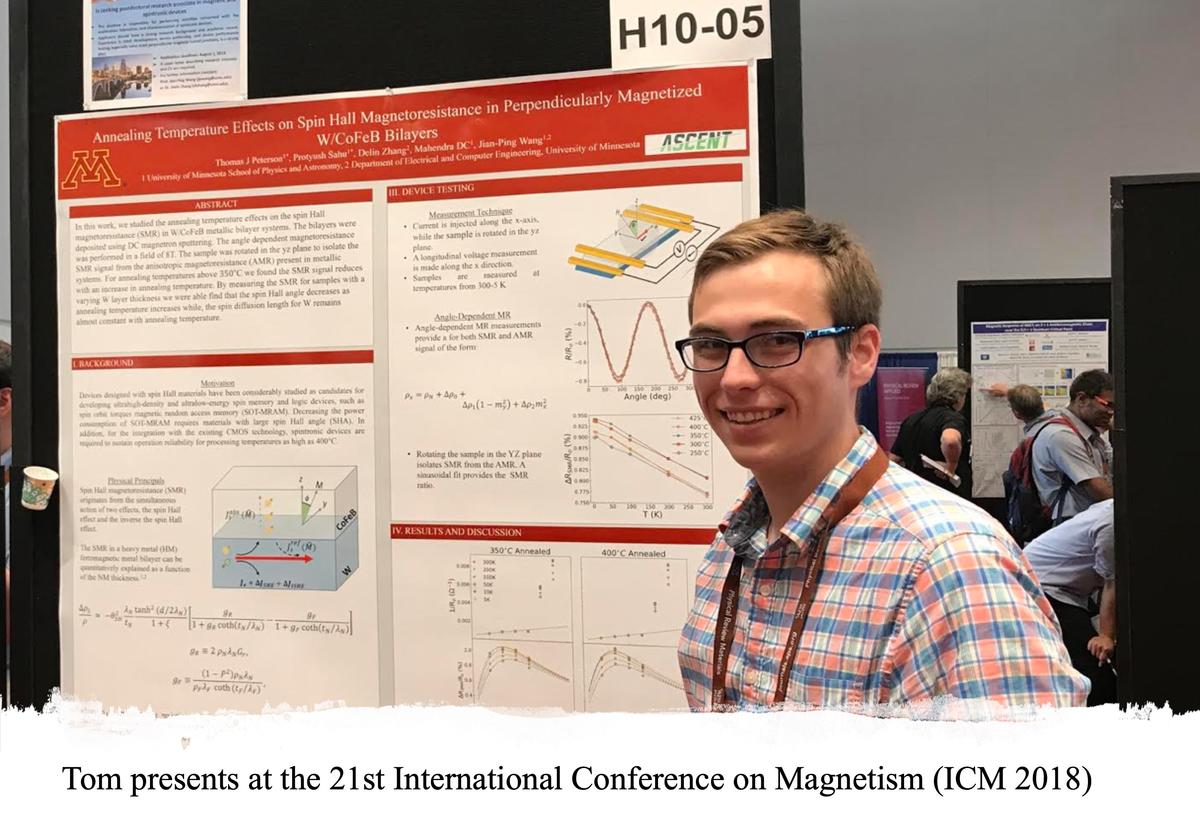
Led by Robert Hartmann Endowed Chair and Distinguished McKnight University Prof. Jian-Ping Wang, the Nanospin research group works in an exciting research area of nanomagnetism and quantum spintronics with a focus on searching, investigating, and fabricating novel nanomagnetic materials and quantum spintronic devices for future information technologies (spintronic computing and storage) and emerging nano biomedical technologies (personalized magnetic medical devices and magnetic hyperthermia for drug delivery and therapy).
Recent Work Highlights
Sputtered L10-FePd and its Synthetic Antiferromagnet on Si/SiO2 Wafers for Scalable Spintronics by Lyu et al. (Advanced Functional Materials)
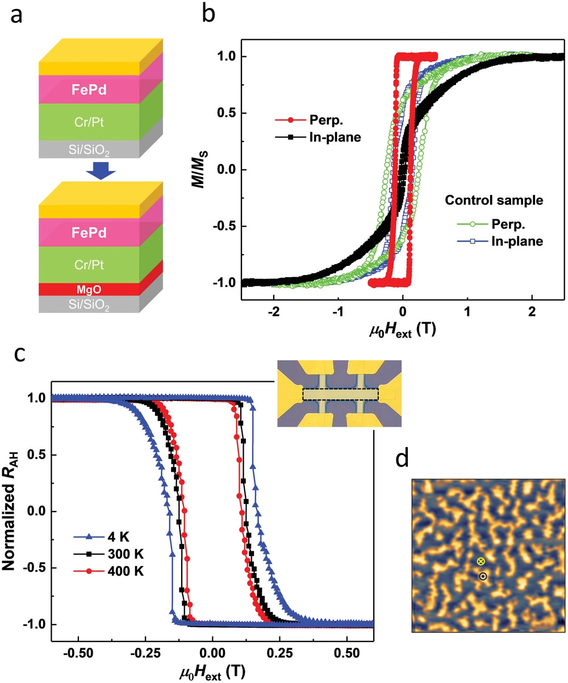
Ultralow Current Switching of Synthetic-Antiferromagnetic Magnetic Tunnel Junctions Via Electric-Field Assisted by Spin–Orbit Torque by Zink et al. (Advanced Electronic Materials)
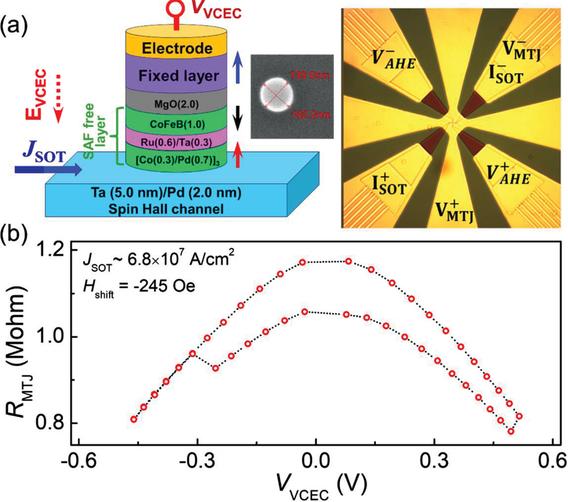
Bipolar Electric-Field Switching of Perpendicular Magnetic Tunnel Junctions through Voltage-Controlled Exchange Coupling by Zhang et al. (Nano Letters)
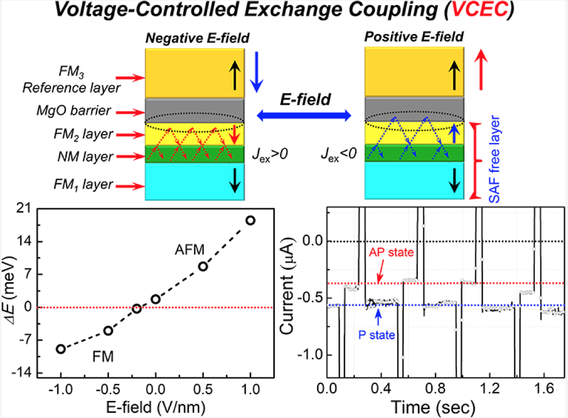
Large unidirectional spin Hall and Rashba−Edelstein magnetoresistance in topological insulator/magnetic insulator heterostructures by Yang et al. (Applied Physics Reviews)
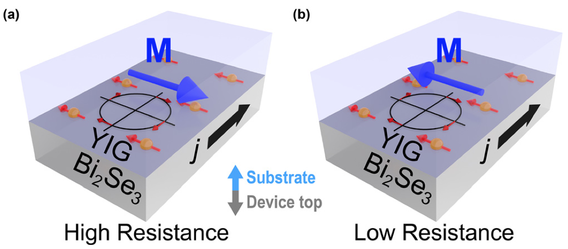
Voltage control of ferrimagnetic order and voltage-assisted writing of ferrimagnetic spin textures by Huang et al. (Nature Nanotechnology)
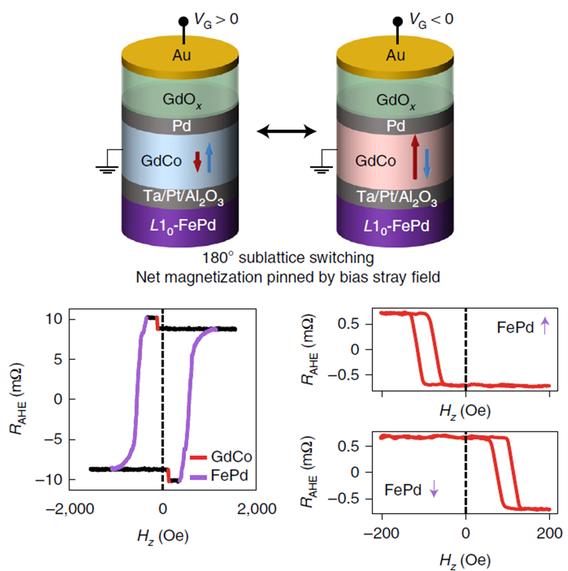
High-frequency magnetoacoustic resonance through strain-spin coupling in perpendicular magnetic multilayers by Delin et al. (Science Advances)
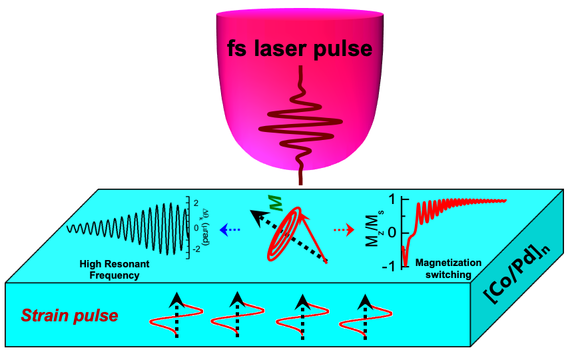
Room-temperature high spin–orbit torque due to quantum confinement in sputtered BixSe(1–x) films by Mahendra et al. (Nature Materials)
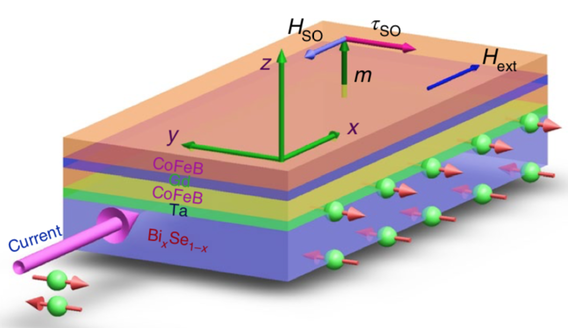
Demonstration of Ru as the 4th ferromagnetic element at room temperature by Patrick et al. (Nature Communications)
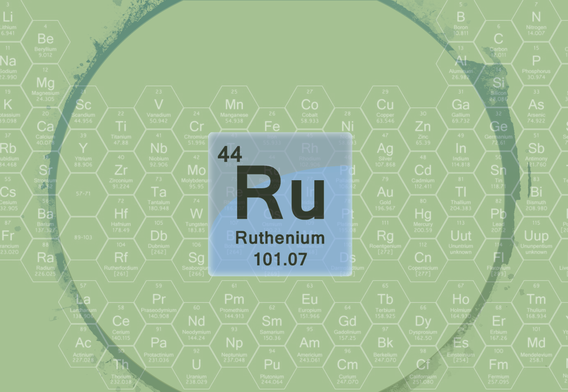
Mapping strain with magnetics by Junyang et al. (Nature Electronics)
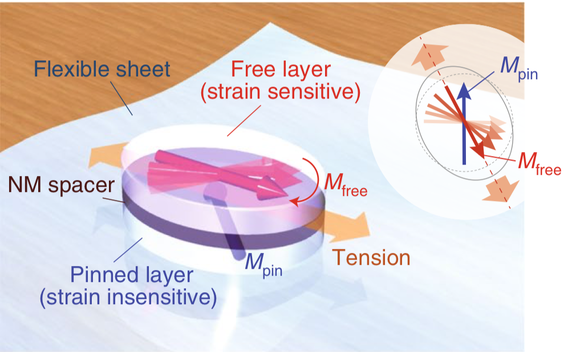
Unidirectional spin-Hall and Rashba− Edelstein magnetoresistance in topological insulator-ferromagnet layer heterostructures by Yang et al. (Nature Communications)
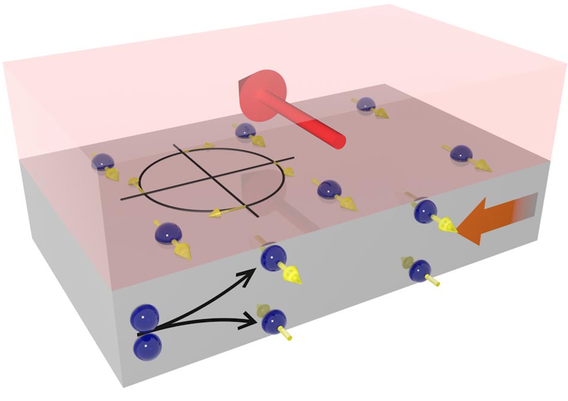
Portable GMR Handheld Platform for the Detection of Influenza A Virus by Kai et al. (ACS Sensors)
